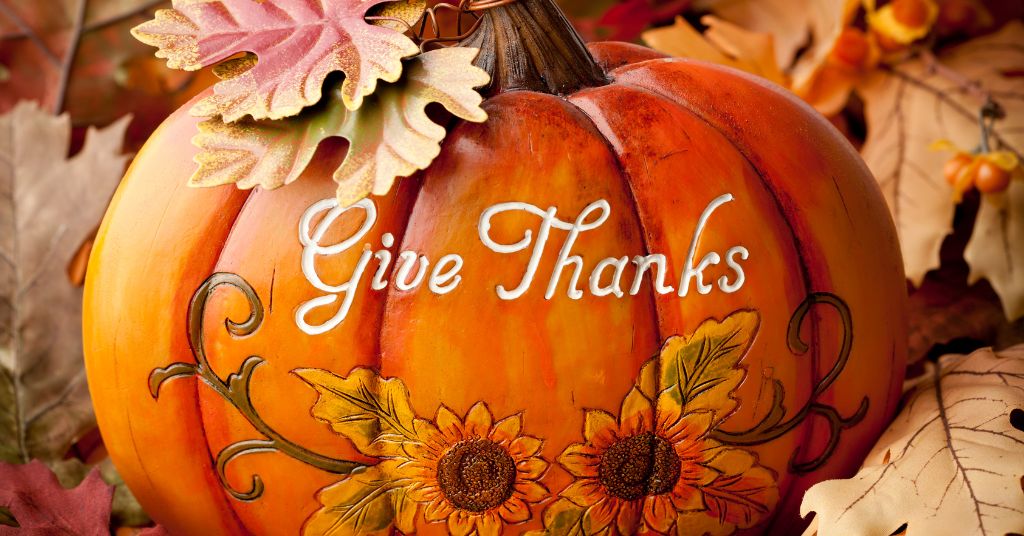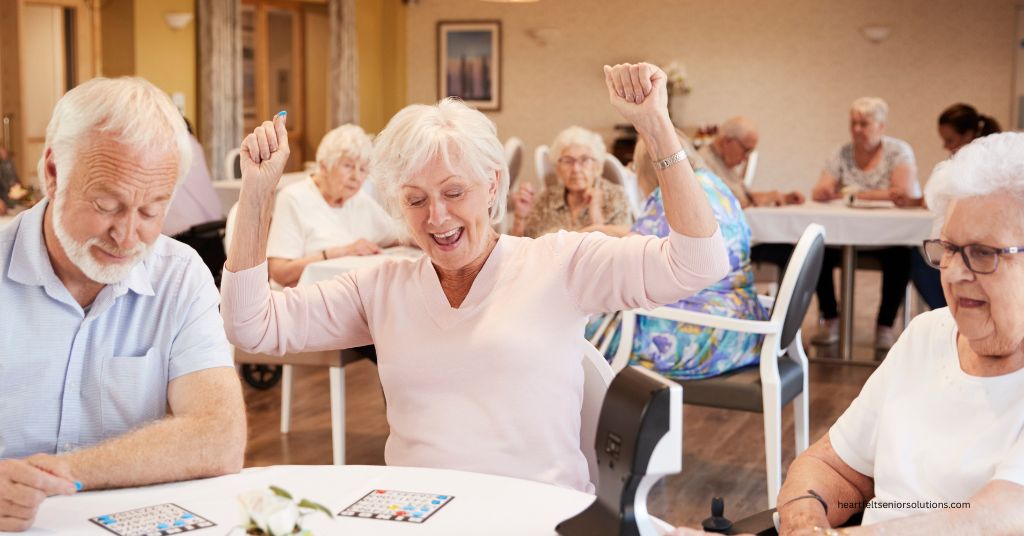Making the decision to move a loved one into assisted living is never easy. Families often ask me, “How do I know when it’s time?” If you’re reading this and feeling that same weight, I want to pause and tell you: if I could, I’d give you a big hug right now. I know how heavy this decision feels, because I’ve been there too.
When I was in my early 20s, I walked through this with my dad, who had Alzheimer’s. At that time, options were limited, and I saw firsthand how hard it was on him and on our family. That experience is why I do what I do today — to make sure no family feels lost or alone in this journey.
Over the past 14 years, I’ve sat with thousands of families at their kitchen tables and in living rooms, listening to their worries, tears, and hopes. And do you know what I’ve seen time and time again? Seniors who move into the right community don’t lose their life — they get it back. Many tell me, “My only regret is that I didn’t do this sooner.”
That’s why I created this list — not to overwhelm you, but to give you reassurance and clarity. These are the most common signs I’ve seen over the years that it may be time to consider assisted living:
- Frequent Falls or Safety Concerns:
I once met a family whose father had fallen twice in one week but refused to tell his daughter because he ‘didn’t want to be a bother.’ This is so common — seniors want to stay independent, but the risks grow too high. If you’re finding rugs, stairs, or even simple daily routines are becoming unsafe, it may be time to consider a safer environment. - Isolation or Loneliness:
Loneliness is one of the most painful things I see. A lovely woman I worked with spent her days sitting by the window, watching neighbors come and go but rarely having company herself. Once she moved into a community, she told me she hadn’t laughed that much in years. Social connection is not just nice — it’s vital for health. - Declining Personal Care:
If bathing, dressing, or grooming is becoming difficult, it can chip away at dignity and self-confidence. I’ve helped families who were heartbroken when they realized their parent wasn’t changing clothes regularly or struggling with hygiene. Assisted living restores both the help and the dignity. - Poor Nutrition or Missed Meals:
More than once, I’ve opened a fridge with expired food, or spoken with families who realized their loved one was forgetting to eat altogether. Good nutrition is a cornerstone of good health, and communities provide balanced meals — and often, joyful dining experiences where eating becomes social again. - Medication Management Struggles:
This one hits close to home for many. A missed pill here or a double dose there can quickly turn into an emergency. I’ve known families who felt like they had to call three times a day just to remind Mom or Dad about medications. Assisted living takes away that stress and risk. - Caregiver Stress or Burnout:
If you’re caring for a loved one, please hear me: burnout is real. I’ve seen daughters in tears, sons stretched thin, spouses who feel like they can’t take another day. Assisted living doesn’t mean you’re giving up — it means you get to go back to being daughter, son, or spouse again, instead of being on duty 24/7. That’s a gift to both you and your loved one. - Memory Issues Beyond Normal Aging:
We all forget where we put the keys sometimes. But if your loved one is leaving the stove on, wandering, or forgetting important details, it may be more than normal aging. I’ve walked with many families down this road, and I promise you — memory care options are designed with compassion and safety in mind. - Declining Housekeeping or Home Maintenance:
I remember visiting a senior who had always kept her home immaculate. When her daughter invited me in, she whispered, ‘This isn’t like Mom.’ Piles of laundry, unopened mail, and dishes in the sink can be early indicators that it’s all becoming too much. Communities take away that burden, letting seniors focus on enjoying their days instead of worrying about chores. - Withdrawal from Hobbies or Activities:
If your loved one used to love gardening, church, or bridge club but has stopped participating, it may signal depression or loss of confidence. The joy of assisted living is that seniors rediscover purpose. I’ve seen people light up again when they join a painting class or a group outing. - Frequent Medical Needs:
Increasing doctor visits or hospital stays can be overwhelming for families. Assisted living communities provide a higher level of daily observation, often catching issues early and preventing crises. That extra set of caring eyes brings peace of mind.
A New Chapter, Not the End of One
I’ll never forget one family I worked with where the daughter told me, ‘Mom has just faded since Dad passed.’ Her mom was lonely, eating poorly, and falling often. Moving her into a community was hard, but within weeks, she was playing cards again, attending social events, and laughing with new friends. Her daughter hugged me with tears in her eyes and said, ‘She got her sparkle back.’
That’s what this is all about — not endings, but beginnings. Yes, there’s an adjustment period, as with any move in life, but I find that most seniors flourish once they settle in. They discover new friends, fresh opportunities, and a renewed sense of belonging.
You’re Not Alone
If you’re noticing some of these signs in your loved one, please know you don’t have to figure it all out alone. I’d be honored to sit with you, listen, and help you explore the options — like a new best friend holding your hand through the process. And yes, if we were in person, I’d probably give you a heartfelt hug, too. 💙
Schedule a free consultation today — there’s never a cost for families. Let’s take the first step together toward clarity and peace of mind.







